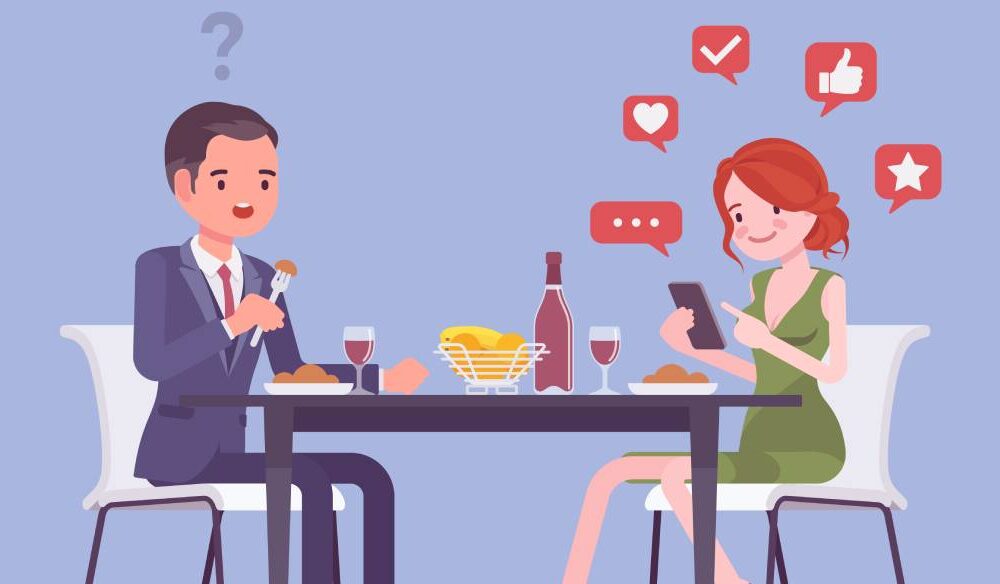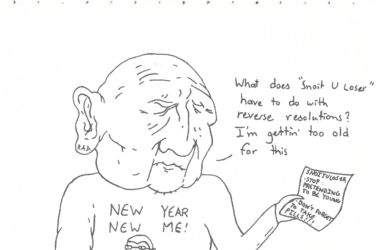It’s 2009: The early internet days. Poptropica and Club Penguin are booming, Microsoft released Windows 7, and Disney XD hit cable services. But then came social media, along with a lasting novelty that prompted an ineffable sense of enthusiasm to the extent that it is now an inextricable component of human life.
In the present era of increasing digitalism and exponential technological advancement, it comes as no surprise that social media platforms have revolutionized the way people communicate and connect with each other. This was particularly apparent throughout the COVID-19 pandemic, as many were deprived ofsocial interaction to curb the spread. Perhaps we can all agree upon the benefits of social media, from sharing information with ease to remaining in touch with loved ones in previously unfathomable ways, or staying up-to-date on relevant information in times of havoc and uncertainty.
With the strict lockdowns and social distancing rules, we were forced to live in ways that completely defied our social natures. In response to these challenges, many people predominantly relied on forms of communication that did not entail meeting face-to-face, such as social media, phone calls, and Zoom calls.
For students like Alice Moyne, a U3 Agricultural and Environmental Sciences student, social media’s navigational ease allowed her to reconnect with friends she had previously lost touch with.
“Due to ample free time and the simplicity of getting in touch with others, I was now in contact with friends I haven’t spoken to in years,” Moyne said.
Whether it be Houseparty hangouts, Zoom birthday parties, or virtual pubs, we certainly did not fall short of demonstrating our inherently creative faculties.
“I actually partook in all those activities with friends and family and felt closer to some than I have in previous years, despite the lack of physical interactions,” Victoire Brocart, U3 Agricultural and Environmental Sciences, said.
However, with approximately 4.7 billion individuals using social media today, not only are we staying digitally connected to each other, but over half of Earth’s population can now access an endless repository of information in mere seconds. Although this has undoubtedly resulted in great leaps in knowledge, it has also created a state of information overload— a state that leads many of us to end up more confused and overwhelmed than well-informed.
With COVID-19 being the first pandemic during the internet age, the public was constantly showered with misinformation and contradictory evidence from a maelstrom of sources. While public health officials worked to combat this ‘infodemic,’ many friend and family group chats became uncomfortable and hostile, with science seemingly up for debate. The ‘mute chat’ button had never looked so appealing.
Instant access to information and connection changes our personal relationships and communication skills in the real world. For example, anyone who generally abstained from dating throughout the pandemic can attest to the difficulty of holding a real-life conversation and eye contact after relying on social media for so long. The art of conversation is slowly dwindling, while people’s compulsion to check their Instagram stories and TikTok for-you page is intensifying. Though social media might be a place of comfort, we should be cautious of the way reality doesn’t always follow an algorithm.
With social media constantly bombarding us with sensory input and becoming the central organ of modern society, it is more imperative than ever to be conscious of our screen time and evaluate the repercussions it may have on our social skills and personal relationships. For example, despite the extraordinary ways we can now connect with people around the globe, meaningful, deep connections are at an all-time low.
If one finds themselves mindlessly scrolling through their feed for hours, Lalin Ersu, a U2 Arts student, recommends “setting a limit for your screen time, tracking it, and using social media with intention.”
Remind yourself why you decided to make this change. In doing so, you can resist the persistent urge to scroll and create some free time for other activities, such as hanging out with a friend, trying out a new recipe, or picking up the book you’ve been putting off for so long.








